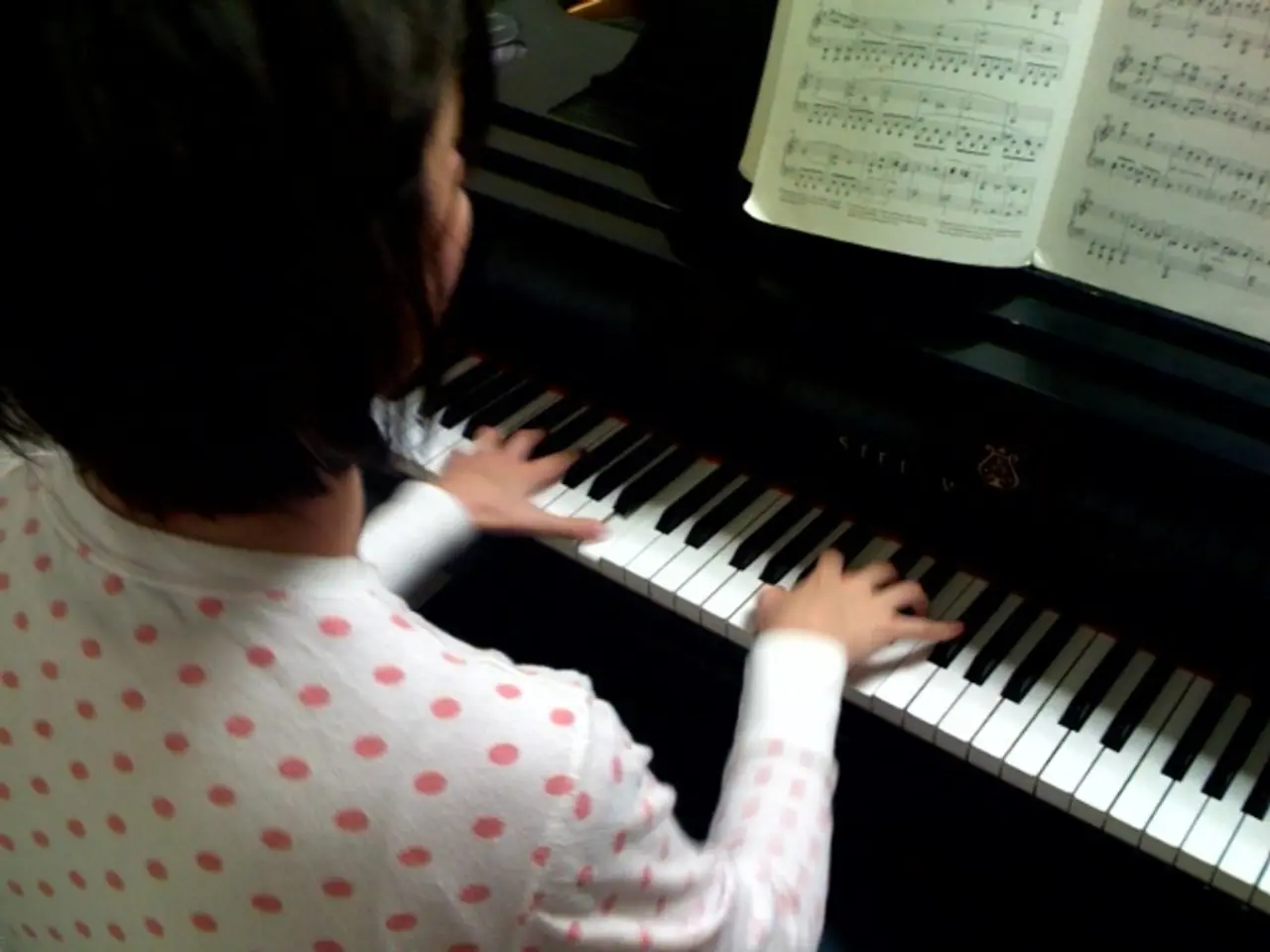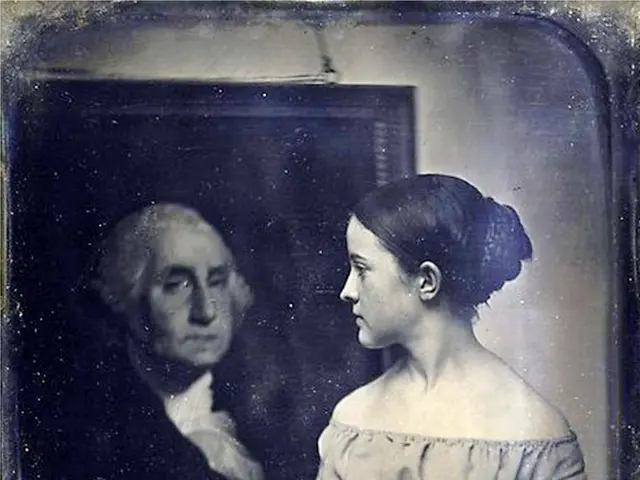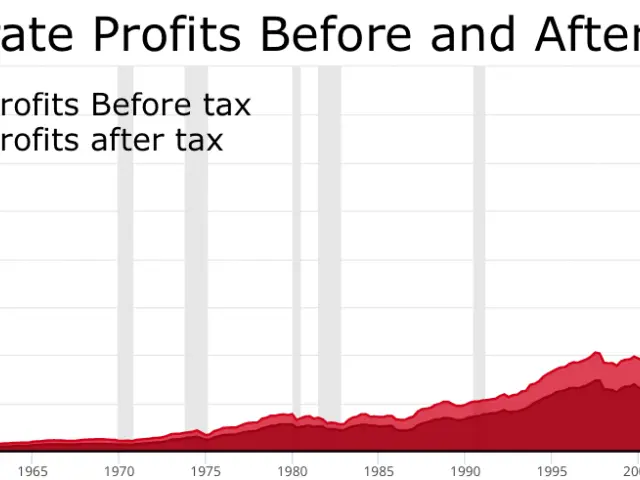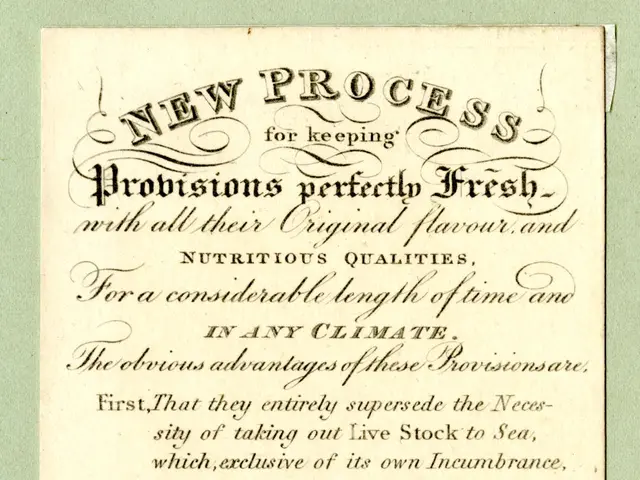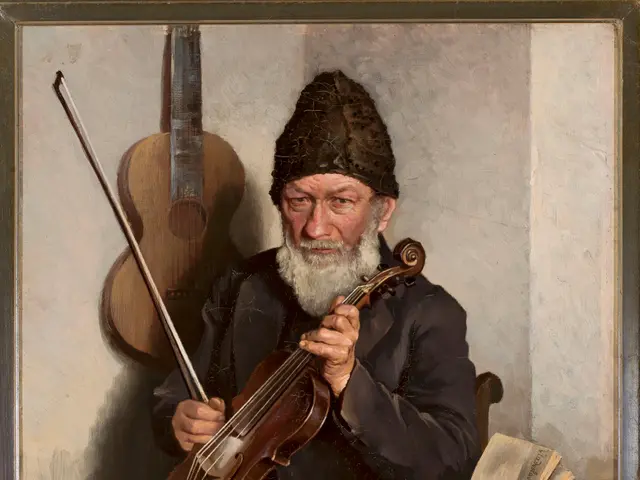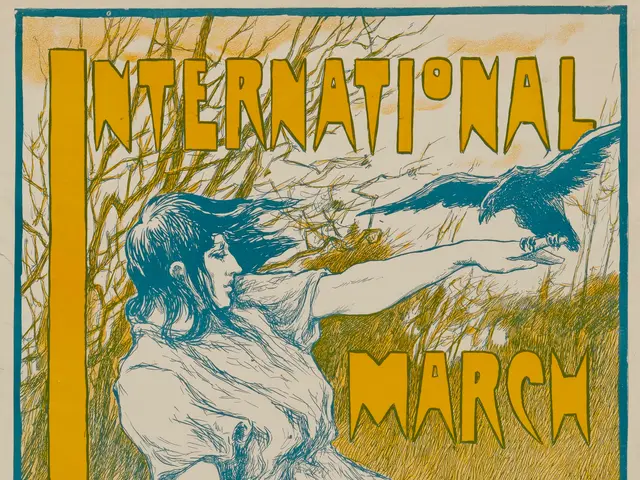Pianist Instructor's Dilemma: Striking a Balance Between Skill Mastery and Knowledge Instruction
In the world of classical music, piano teachers often find themselves at a crossroads. With extensive university studies under their belts, many initially felt overqualified for teaching beginner piano students. However, as they reached a critical inflection point in their careers, they began to redefine their musical and professional lives.
Realizing that they could not make a living just by playing concerts, these piano teachers started advertising their tuition services. Despite having talented students, some piano teachers had abandoned their in-depth studies of music. As a result, their practicing and studying times dropped significantly.
To maintain their artistic development while effectively teaching, piano teachers have found a balance that works for them. This balance is influenced by factors such as motivation and enjoyment, practice time division, goal-oriented teaching, and continuous artistic engagement.
Maintaining motivation and enjoyment is crucial. Teachers must preserve their own joy in playing by blending technique with playful exploration. This sustains their passion for music, which in turn inspires students. Splitting practice sessions to focus both on technical skill and artistic creativity helps teachers maintain proficiency and fresh musical ideas.
Linking less enjoyable tasks to student goals fosters student ownership and motivation, reducing burnout and enhancing teaching effectiveness. Engaging in performances, jam sessions, or personal projects outside teaching duties keeps teachers artistically active and growing.
Practical ways piano teachers can maintain artistic development include scheduling regular personal practice that includes both technical exercises and improvisation or repertoire that inspires joy. Treating practice and teaching as intertwined—using insights from their own playing to inform teaching and vice versa—is also key. Encouraging students to find their own motivation and meaning in practicing, thus reducing the feeling of teaching solely from technique drills, is another effective strategy.
Staying open to new musical experiences and continuous learning can rejuvenate a teacher's artistry. Piano teachers taught various subjects, including piano, music theory, and composition for beginners. Each artist-teacher should define their musical projects well to ensure they are genuinely transcendental for their development.
Prolonged absence from music can lead to "academic starvation" in piano teachers, affecting their ability to teach effectively. Providing students with a digested version of what teachers do daily can help them understand the mysteries of classical music.
One year passed, and the piano teachers had not yet created the musical genius they aimed to forge. However, they started to feel they could help someone else achieve a life in music, becoming very motivating teachers. Overcoming the initial frustration of not performing as well as before is crucial for piano teachers to rekindle their academic fields and inspire their students.
It is the responsibility of piano teachers to ensure the concert pianist inside them survives their teaching routine. Keeping a concert date booked ahead can provide piano teachers with a challenge and shape their practising. The right number of hours a teacher needs to invest in studies to stay fit and motivated is variable, but should be between two and four hours.
After graduation, piano teachers promoted their artistic activities and played dozens of free concerts. For those interested in learning more about "pianistic abstinence," an article titled "Eating Piano Scores" might be of interest: https://www.our website/post/eating-piano-scores
In conclusion, balancing performing and teaching requires conscious effort to nurture one's own musicianship while cultivating a motivating, engaging learning environment for students.
- As a beginner student, I found joy in learning music theory and composition from my pianist teacher, who balances performing and teaching to maintain a fresh approach to music.
- Aspiring composers can benefit from studying with a pianist teacher, who often has a profound understanding of music and entertainment, and can provide valuable insights into artistic development and techniques.
